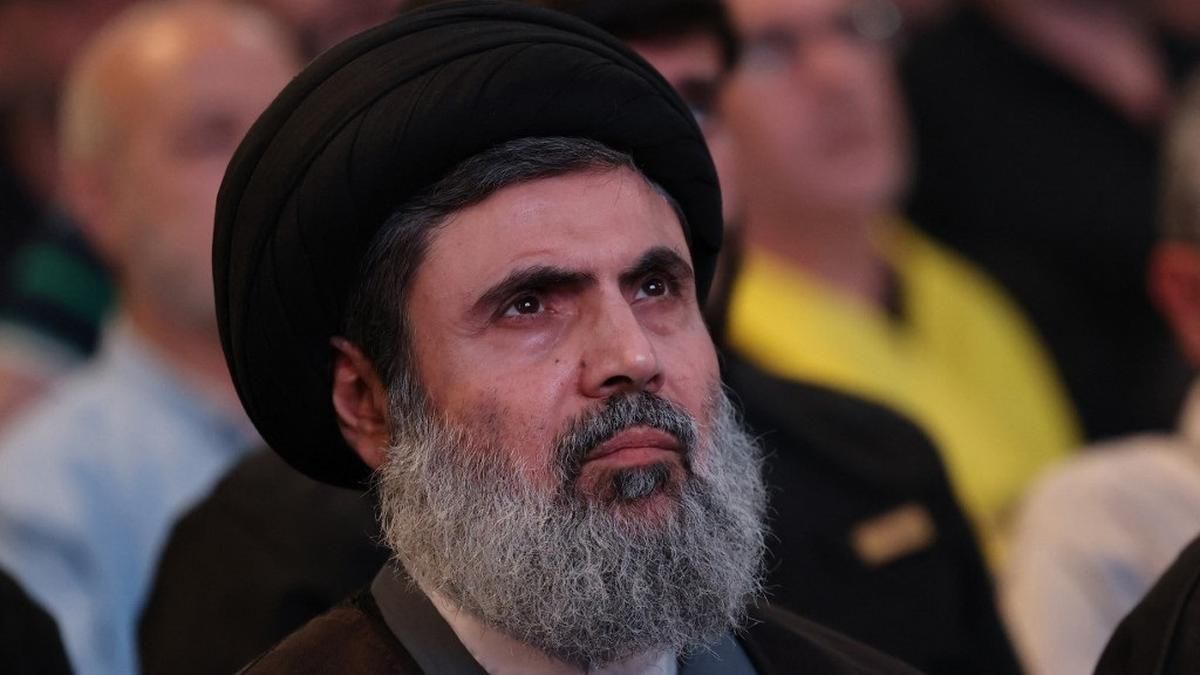The Israeli military confirmed Tuesday (October 22) that it had killed Hashem Safieddine, the head of Hezbollah’s Executive Council and a key figure poised to succeed leader Hassan Nasrallah, in an airstrike in a southern Beirut suburb.
The strike, which took place three weeks ago, also claimed the life of Ali Hussein Hazima, Hezbollah’s Intelligence Directorate head, and other top commanders.
Hezbollah has not yet issued a formal statement regarding the deaths.
Who was Hashem Safieddine?
Safieddine was a senior Hezbollah leader and distant relative of Nasrallah. He was seen as the most likely candidate to succeed Nasrallah, given his strong ties with Iran and Hezbollah’s leadership. Known for his resemblance to Nasrallah, Safieddine was in his late 50s or early 60s.
Having served as Hezbollah’s executive council head, Safieddine was known to have overseen the group’s political operations. He was also a a member of the powerful Jihad Council, which manages the Iran-backed group’s military strategy.
His influence in both the political and military spheres makes had made Safieddine a central figure within Lebanon-based Hezbollah.
Safieddine has been vocal in his militant stance, particularly in his support of the Palestinian cause. Our history, our guns and our rockets are with you,” he had recently declared.
Impact Shorts
More ShortsThe man had been out of contact following Israeli airstrikes on Beirut, AFP cited Hezbollah sources as saying.
The death of Safieddine and other high-ranking Hezbollah leaders marks a significant blow to the group’s leadership structure as tensions continue to escalate between Israel and Hezbollah.
How was he killed?
The Israeli army stated that the air force’s precision strike targeted Hezbollah’s intelligence headquarters, where over 25 militants, including Safieddine, were present.
This confirmation follows Israeli Prime Minister Benjamin Netanyahu’s earlier remarks on October 8, where he mentioned that Israeli forces had eliminated key Hezbollah figures although he did not mention Safieddine’s name at the time.
In his statement, Netanyahu addressed the people of Lebanon, saying that Israeli forces had “took out thousands of terrorists, including (Hezbollah leader Hassan) Nasrallah himself and Nasrallah’s replacement and the replacement of his replacement.”
The Israeli military operation, described as intelligence-based, targeted Hezbollah’s stronghold in Beirut’s southern suburbs, a long-standing center of the group’s operations. The strike reportedly took out Hezbollah’s aerial intelligence chief, Bilal Saib Aish, among other commanders.
With inputs from agencies


)

)
)
)
)
)
)
)
)



